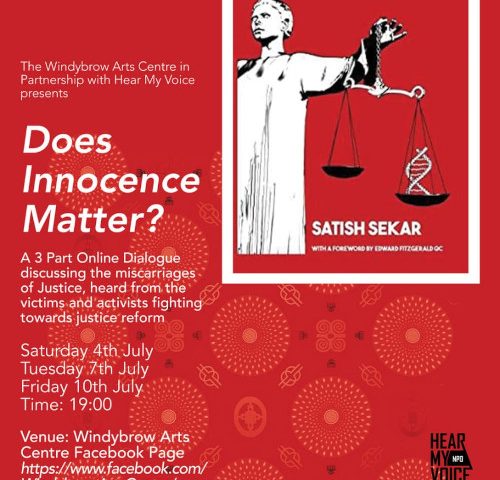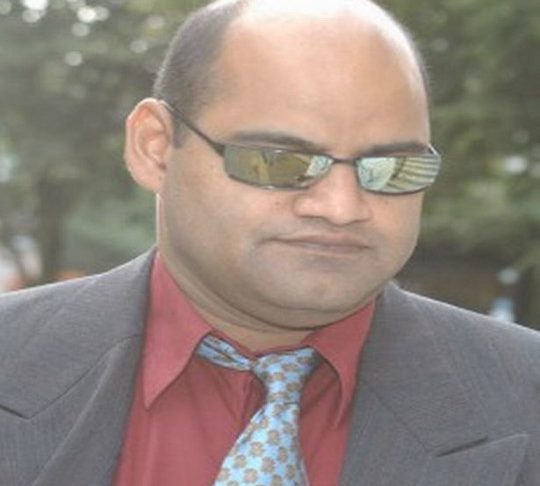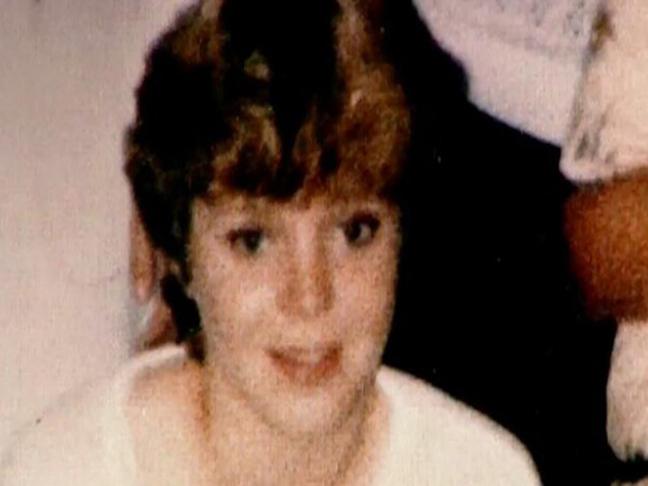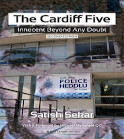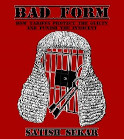
Deeply Flawed
March 15, 2025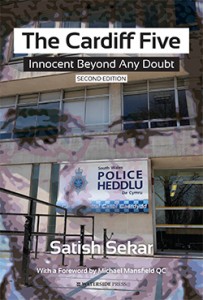
Justice Denied and Disgraced
March 17, 2025By Satish Sekar © Satish Sekar (March 16th 2025)
Rough Justice?
The Lynette White Inquiry is not the only vindication case where brutal murders have not been deemed serious enough to deserve a tariff that properly reflects the facts of such cases. 19-year-old Rachel Manning was brutally murdered in December 2000 by Shahidul Ahmed – her face was battered with a steering lock posthumously by him to prevent identification. That shows a degree of planning, at least to help evade detection and punishment.
Two men were wrongly convicted in 2002 – her partner, Barri White, of her murder, and White’s friend, Keith Hyatt, for allegedly giving him a false alibi. Hyatt’s evidence was later proven to be true. White won an appeal and a retrial was ordered, which resulted in his acquittal in 2008. Hyatt was released after serving half of his five-year sentence. The BBC’s sadly defunct Rough Justice demolished the case against them.
An Inappropriately Lenient Tariff
Ahmed was identified as a suspect in 2010 in Manning’s murder after a hit on the National DNA Database for an unrelated offence. He was convicted of Manning’s murder in September 2013.
He received a tariff of just 17 years from the judge, Mr Justice (Sir Alan) Wilkie. This means that aggravating factors outweighed comparatively trivial mitigation by just two years according to the judge.
How is the brutality of this crime and the fact that Ahmed allowed two innocent men to suffer wrongful imprisonment for the best part of a decade considered so trivial that it only contributed a paltry two years more than mitigating factors to the tariff? And why is the seriousness of Manning’s murder not considered ‘particularly high?’
Ahmed will almost certainly be deported if he is ever released by the Parole Board, but so what? Does the 17-year tariff fit this crime? Isn’t the finding of the judge that the seriousness of this murder was not particularly high, plainly wrong? But yet again, the then Attorney General, Dominic Grieve, chose not to refer it to the Court of Appeal as unduly lenient. Why not?
To their credit, the police officers who brought Ahmed to justice apologised to White and Hyatt even though those officers did not owe an apology – the highest echelons of Thames Valley Police, which got it wrong originally, but also corrected their error and criminal justice system did.
Gross Injustice
Another gross injustice is the murder of Karen Skipper in March 1996. Her estranged husband, Phillip, was acquitted at trial in 1997. He died of stomach cancer in 2004 aged just 48. In 2007 a cold case hit on the National DNA Database identified John Pope as a suspect to be investigated.
Pope was convicted of Karen Skipper’s murder in 2009. His defence, more than once, was that Phillip Skipper was the murderer not him. Mr Justice (Sir Nigel) Davis made it clear that it was owed to the memory of Phillip Skipper to stress his innocence and that Pope had hoped that Skipper would have been convicted. Davis’ words were welcome, but his actions in the form of the tariff, not so much.
Davis imposed a 19-year tariff, which meant that the aggravating factors, the cruelty of the murder, the sexual element of it and not only allowing the innocent Phillip Skipper to suffer the ordeal of a trial and whispering campaign against him combined, only outweighed the mitigating factors, of which there were none, by four years.
The seriousness of this murder was not deemed particularly high. Why not? The then Attorney General, Baroness Patricia Scotland, did not intervene over the tariff.
Incredibly, the ordeal of both Skipper families – Karen’s and Phillip’s – got worse. Pope appealed in 2010 and won a retrial. That occurred in the summer of 2011 before Mr Justice (Sir Roderick) Evans, who had been the second Queen’s Counsel behind the late David Elfer in the prosecution of the Cardiff Five in 1989 and 1990.
Insults and Injuries
Evans issued a bad character direction on the late Phillip Skipper about an offence, domestic violence, that he never stood trial and over which neither he nor his alleged victim, Karen, could give evidence about – she chose not to proceed with charges against Phillip. The bad character direction happened without either prosecution or defence lawyers requesting it.
Also, evidence that had been ruled inadmissible against Skipper in his 1997 trial was admitted by Evans for Pope’s defence at the latter’s retrial. Nevertheless, Pope was convicted by majority verdict.
Even though Evans should have been aware of the decision of Mr Justice Royce to include allowing the innocent to suffer wrongful imprisonment as an important aggravating factor, or been made aware of it by lawyers, he did not include a single day of the tariff for what was done to Phillip Skipper or his family.
Again, the seriousness of this murder was not deemed to be ‘particularly high’ and the Attorney General at that time, Dominic Grieve, chose not to refer it to the Court of Appeal as unduly lenient. Why not?
The Next Vindication Case Parole Fiasco
It should now be clear that there is a major problem with the allocation of tariffs in the vindication cases.[1] The tariffs simply do not reflect the gravity or seriousness of these crimes. Given the conduct of judges in these cases and refusal of the Attorney Generals and various bodies such as the Sentencing Council or Law Commission, there is no reason to expect improvement in the foreseeable future.
The next vindication case that is scheduled to be considered by the Parole Board has gone through the same discredited process as occurred in the Lynette White Inquiry. The appalling murder of Karen Skipper with its sexual conduct – she was stripped from the waist down and left dead in the River Ely in Cardiff – was not considered to be a crime of particularly high seriousness. Why not?
Consequently, there is no reason to believe that it will be treated with any more respect than the Lynette White Inquiry was. Nor are there any grounds for optimism regarding the treatment the victim of the miscarriage of justice – Phillip Skipper’s family, especially his daughter – can expect (see the next article in this series, Justice Denied and Disgraced, which will be published soon).
[1] The situation over parole will be detailed in other articles, later in the series.

